Clinical Bioethics
Core Curriculum for Fellows
Critical Care
Neonatology
Palliative Care
Personalized communication with parents in Neonatology: from prenatal consultations to end-of-life scenarios
-
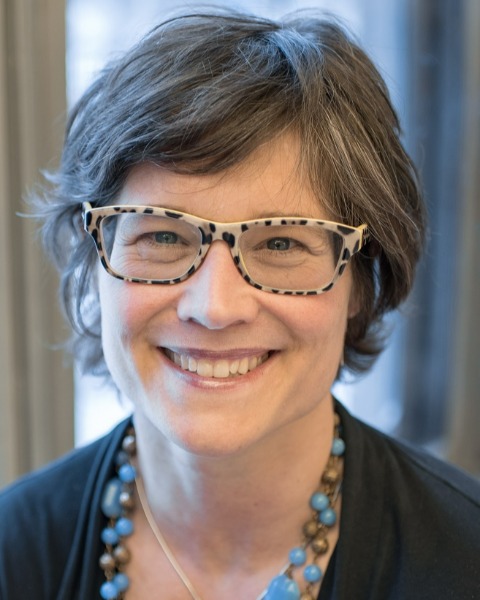
Annie Janvier, MD, PhD (she/her/hers)
Profesor of Pediatrics and Clinical Ethics
University of Montreal
Montréal, Quebec, Canada -
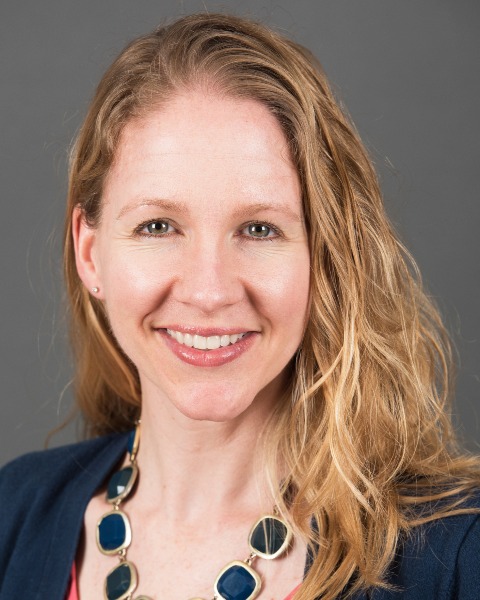
Christy Cummings, MD (she/her/hers)
Assistant Professor of Pediatrics
Boston Children's Hospital, Harvard Medical School
Boston, Massachusetts, United States -
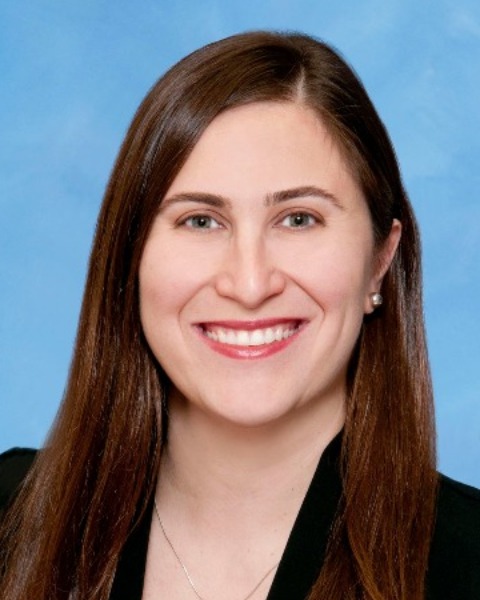
Naomi Laventhal, MD, MA, HEC-C (she/her/hers)
Associate Professor
Pediatrics
University of Michigan Medical School
University of Michigan, Department of Pediatrics, C.S. Mott Children's Hospital
Ann Arbor, Michigan, United States -
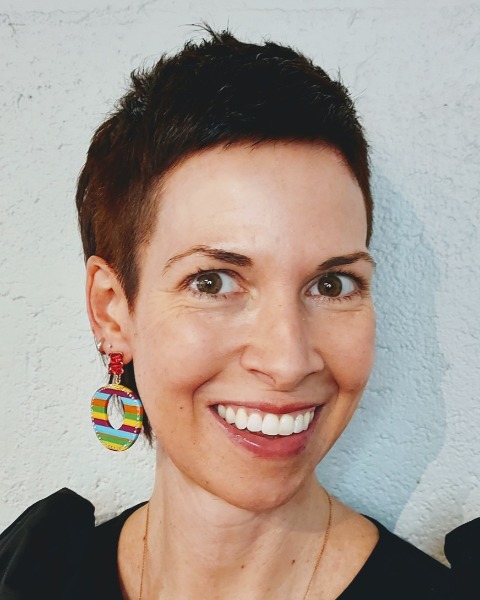
Rebecca Pearce, BSc, MSc, BEd (she/her/hers)
Parent Representative, Graduate Student
St Justine Hospital (resource parent)
Montreal, Quebec, Canada -
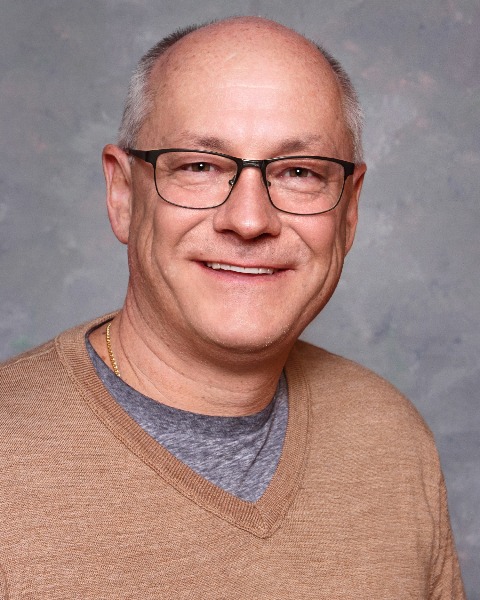
Steve Leuthner, MD, MA (he/him/his)
Professor
Department of Pediatrics, Medical College of Wisconsin
Wauwatosa, Wisconsin, United States -
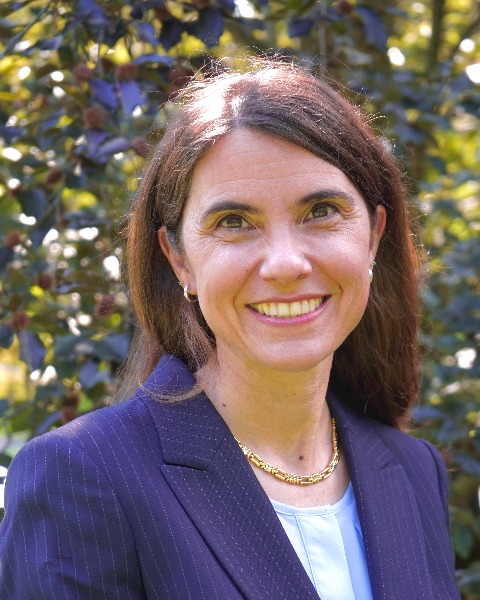
Marlyse Haward, MD
Clinical Assistant Professor of Pediatrics
Children's Hospital at Montefiore, Albert Einstein College of Medicine, United States
Leader(s)
Co-Leader(s)
Workshop
Description: Communication with parents is an essential component of neonatal care. For some fragile infants, this process is complicated by the substantial risk of mortality or major morbidity. Although the majority of neonatal deaths occur after admission to the intensive care unit (NICU), position statements have focused on communication during the prenatal consultation. This interdisciplinary workshop (including a resource parent) covers personalized and parent-centered communication in the clinical setting during three inter-related phases: the antenatal consultation, the neonatal intensive care hospitalization, and the dying process (when this happens). It is possible to standardize personalized approaches that recognize and adapt to parental heterogeneity. These practices begin with self-reflexion on the part of the clinician and continue with practical frameworks and stepwise approaches supporting personalization and parent-centered communication. Communicating with families can be taught and efficient training programs exist to optimize care to babies and families in these difficult moments.
Half of the workshop will be dedicated to practical sessions. We will discuss simulation techniques aimed at improving communication skills for difficult conversations: narratives, teaching videos, role play, etc. We will explore barriers to effective communication during mock antenatal consultations and communication with families in different contexts, model best counseling practices for end-of-life scenarios. A medical education expert with describe training programs that exist in Neonatology.
Learning Objectives:
- Describe personalized communication with families in the prenatal context and analyze the special context of maternal-fetal centers.
- Practice and reflect on how to optimize personalized communication during end-of-life scenarios.
- Examine how to improve medical education of clinical staff and trainees in different healthcare systems.
